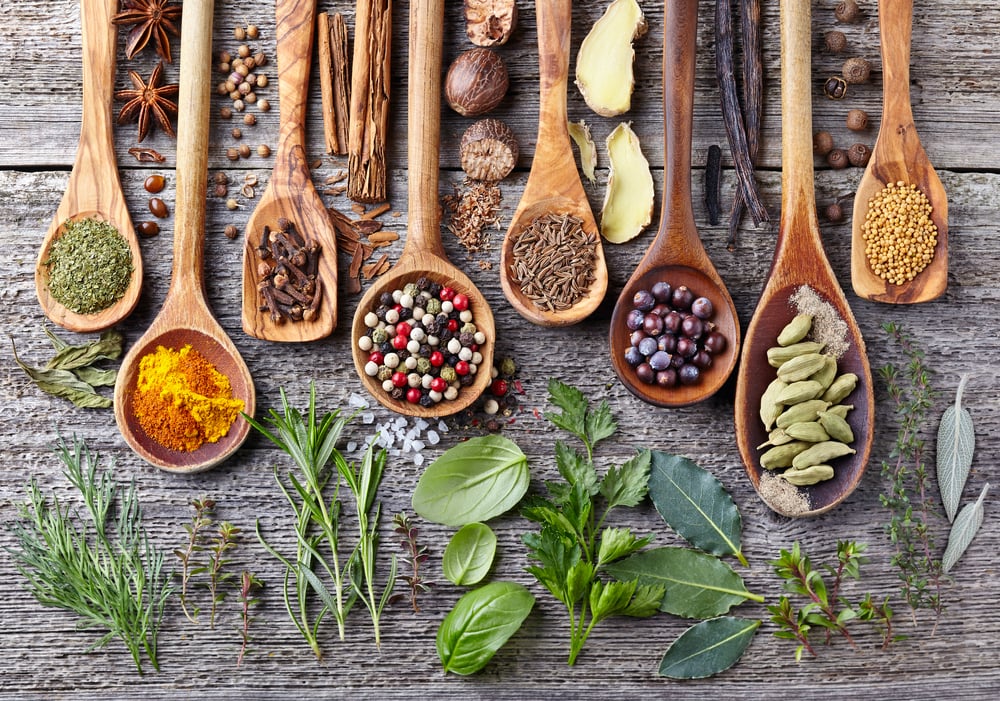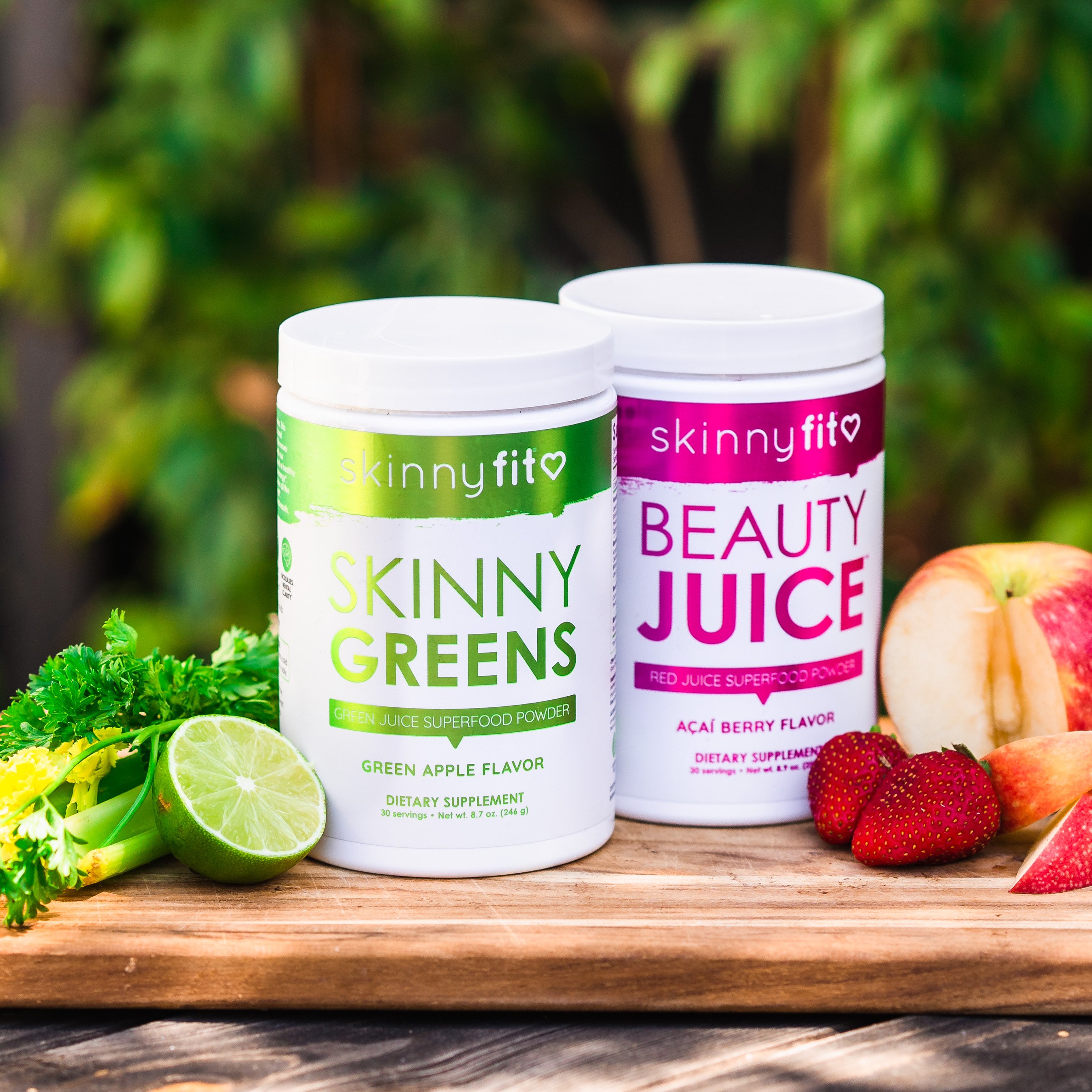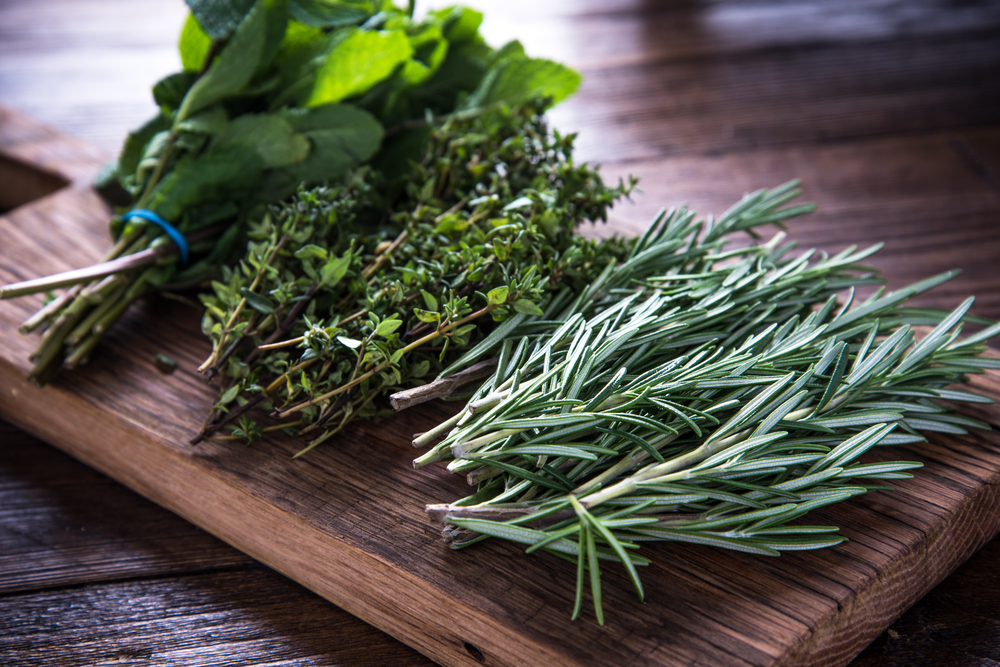Inflammation seems to be a topic of every conversation these days. Friends have asked me how to reduce inflammation, what causes inflammation, why it matters… the works! My favorite question I get, though, is what are my favorite herbs for inflammation. I love this one because so many people are so quick to pop a pill or find a short-term fix that may have long-term side effects. Herbs are generally safe, accessible, and can be really fun to take and learn about! I’ve compiled which herbs I believe are the best herbs for inflammation and various ways on how to reduce inflammation. If you or anyone you know is interested in supplements to reduce inflammation in the body, you’re in the right place!
- What is inflammation?
- Signs and symptoms
- Causes
- Long term side effects
- Treatment
- Best herbs for inflammation

What Is Inflammation?
Inflammation is essentially a warning sign from a particular body part, or parts, signaling that it may be at risk of infection. For example, when you have inflamed, or swollen tonsils, it’s your tonsils’ way of signaling to the rest of the body that it needs backup in order to heal. Inflammation, in scientific terms, is “a localized physical condition in which part of the body becomes reddened, swollen, hot, and often painful, especially as a reaction to injury or infection.”[1] Think of anytime you’ve had a cold, and said your throat was sore. Really, it was that your throat was inflamed by something inflammatory. Pretty straightforward, right!?
Signs & Symptoms Of Inflammation
Your body does an excellent job telling you when something isn’t right. These are the signs and symptoms to look out for when your body is inflamed:
- Fatigue
- Mouth sores
- Chest pain
- Abdominal pain
- Fever
- Rash
- Joint pain
Causes Of Inflammation
We’ve all experienced inflammation in one form or another. Asthma and arthritis are both examples of common forms of inflammation. Let’s go back to the example of a cold to drive home some causes of inflammation. Your throat, nose, and glands may all be inflamed at some point due to anything from infection or injury to prolonged exposure to toxins, such as harsh cleaning chemicals and pollution. People who live in big cities with heavy traffic or who eat a lot of fast food are at risk for increased inflammation. Some people deal with chronic inflammation in the body, and require daily supplements to reduce inflammation in the body. This is where herbs may be especially helpful, as they are generally safer than heavily-processed and chemical-filled pharmaceuticals.
Other causes of inflammation include:
- Smoking
- Obesity
- Alcohol
- Chronic stress
Side Effects Of Chronic Inflammation
Chronic inflammation is not something to overlook or brush off. Untreated inflammation in the body can lead to an autoimmune disorder, which happens when your immune system starts to mistakenly attack healthy tissue in the body. This is highly problematic because eventually, there will be no healthy cells to revive unhealthy ones. Less extreme side effects are still unfavorable, such as fatigue, weight gain, and even depression, anxiety, and other mood disorders. [2] These reasons alone should be enough to want to take control of and avoid possible inflammation.
Here are some other side effects you may experience if chronic inflammation goes untreated: [3]
- Cancer
- Heart disease
- Rheumatoid arthritis
- Type 2 diabetes
- Obesity
- Asthma
- Allergies
- Autoimmune disorders

How To Reduce Inflammation In The Body
Before diving into herbs for inflammation, it would be smart to see how daily activities and lifestyles can also play a part in how to reduce inflammation. Take a look at the list below and see how many of these inflammatory activities you’re guilty of in your day-to-day. (Don’t worry, we all are! This is just how we become aware of them, and then fix them!)
- Avoid trigger foods—Trigger foods are what you may already know as “unhealthy” foods. Things like sugar, artificial trans fats, vegetable oils, refined carbs (think white bread and candy, not sweet potatoes or brown rice), and alcohol are all triggers for inflammation. Pay attention to what you eat. How you feel after a leafy green salad should drastically differ from how you feel after greasy french fries and double-stacked cheeseburgers.
- Control blood sugar—Honestly, by following the other 4 tips listed, you will naturally control your blood sugar. Daily exercise, staying hydrated, eating well, and avoiding high-stress, will all help keep your blood sugar at happy, healthy levels. The main causes of high blood sugar are things like sugar (makes sense, right?!), smoking, stress, and lack of physical activity. High-carb foods will also contribute to high blood sugar, if eaten in excess.
- Manage stress levels—Chronic stress is one of the quickest ways to deplete your immune system, and therefore, increase inflammation! Pick one activity per day to calm the nervous system. It can be reading, walking, yoga, drinking ZzzTtox, meditation, anything! Find what works for you and your schedule. Self-care and love is the best way to reduce unnecessary, daily stress.
- Exercise regularly—Get moving!! A stagnant body is like a cesspool for inflammation. Think of movement as a way to wring out toxins. Even if all you can fit in for the day is a short walk, do it! We can’t all run marathons everyday, but we can choose to park at the opposite end of the parking lot, take the stairs, walk to the park, etc. Every little bit counts!
- Eat foods high in anthocyanins and magnesium—Antho-whatas?! Anthocyanins are foods rich in colors purple, red, and blue. Think blueberries, red cabbage, eggplant, and the like. Magnesium, a more commonly known mineral, can be found in leafy green vegetables, such as kale, spinach, and collard greens. When people say ‘eat the rainbow,’ they’re most likely referring to getting in your anthocyanins and magnesium. This isn’t always easy, though! On days where I can’t be bothered with counting my colors, I take them in supplement form. So far, Beauty Juice and Skinny Greens are my go-tos because they pack in more fruits and veggies than I could EVER eat (or cook!) in one day. Plus, they’re a lot cheaper than buying all the produce individually.

Best Herbs For Inflammation
When figuring out how to reduce inflammation, these are my favorite natural and effective supplements to reduce inflammation in the body!
1. Ginger
While its harsh bite is not for everyone, ginger is actually one of the best herbs for inflammation. Ginger is not only known for its anti-inflammatory properties, but also anticancer and antiviral properties. It’s been scientifically proven to reduce muscle pain after physical activity, and can be used in so many ways. [2] If you prefer not to take it as a juice shot, you can easily slice or mince it into curries, coconut-based soups, and even fruit smoothies!
2. Turmeric
Turmeric gained popularity for its use in golden milk lattes, even though it’s been used as an anti-inflammatory, antioxidant, and immune-boosting powerhouse for centuries and centuries. Like ginger, turmeric has a bit of a kick to it. It is another herb that can be used to spice up savory foods or lightly incorporated into lattes and smoothies. If you’re wondering how to reduce inflammation in the most delicious way possible, our golden milk latte recipe is a spicy, sweet, anti-aging delight!
3. Rosemary
Italians, rejoice! Arguably the best spice in the Italian vocabulary is also one of the best herbs for inflammation. Not only is rosemary an aromatic star of an addition to just about any meal, it’s also pretty easy to grow! You can find rosemary plants at your local grocery, farmers’ market, and even nursery. One study also found that it can be just as beneficial and effective as an essential oil. Diffuser lovers, rejoice! [3]
4. Clove
Out of all the herbs for inflammation, this is the one for any fall and winter spice lovers. I love adding cloves to hearty soups, bone broths, and as a sprinkle over foamy cappuccinos or directly into coffee. It’s a great way to reduce inflammation, and also treat nausea and upset stomachs. One study also found cloves to have anticancer properties. Win-win! [4]
5. Green Tea
Call me a purist, but green tea is one of my absolute FAVORITE herbs for inflammation. I drink it alone or throw it in my juices and smoothies. I even have a face scrub made with green tea leaves! Zen masters that live well into their 100s did not drink green tea for fun (well, maybe!), but more so for its unparalleled benefits. Green tea is an incredible antioxidant, and also is a great source of polyphenols. Polyphenols help to fight free radicals, which are toxins that attack healthy cells. This is all in addition to its anti-inflammatory properties! [5]
6. Thyme
Another herb that is effective as an essential oil and is easy-to-grow at home is thyme. It is easy to incorporate into savory meals and recipes, will reduce inflammation, and can be used for aromatherapy, analgesic, and antibacterial purposes. It’s a truly multi-faceted herb for inflammation. [6]
7. Chili Pepper (Capsaicin)
Chili peppers naturally contain sinapic and ferulic acid, which help to reduce inflammation and allows them to act as natural analgesics. Like garlic and ginger, chili peppers aren’t for everyone! However, when powdered and disguised in soups, dressings, aiolis, and other sauces, it can be a powerful anti-inflammatory agent. I love to sprinkle powdered chili pepper over any chicken or ground turkey I cook for added flavor. [7]
8. White Willow
White willow is a lesser-known herb that’s extracted from white willow bark. Dating back to 400 B.C., injured soldiers were told to bite down on white willow bark to help reduce fevers and fight inflammation. [8] Mainly sold and used in extract form, white willow can be easily dropped into teas and coffee. If you’re not a fan of the bitterness, you can get it in pill form too!
9. Cinnamon
Raise your hand if you love cinnamon as much as I do! 🙋♀️ Doesn’t it just make everything better?! Yes. The answer is yes. You can give sweet potatoes a boost with it. Coffee tastes better with a sprinkle of it. I even add it into all of my smoothies! Luckily enough, this stick of joy is also a great herb for inflammation. It’s easy to find, easy to use, and can also be masked if for some reason you don’t like the taste of cinnamon. But anti-inflammatory isn’t its only superpower. Here are all the other amazing properties of cinnamon: antidiabetic (glucose control), antimicrobial (fights off harsh microorganisms), antioxidant (prevents oxidative stress), anticancer (helps to fight cancer cells), cognition enhancer (improves awareness), and antilipemic (lipid-lowering agent). Phew! [9] Out of all the herbs for inflammation, this one may take the cake.

The Bottom Line
If you take one thing away from this post, I hope it’s that you take every natural route possible to maintain your health, because there are so many options! Simply eating a well-rounded diet and exercising can drastically change the course of your health journey. Staying hydrated daily and making sure your stress levels are in control will also ensure lower risk of injury and disease. It’s the simple, everyday (sometimes, mundane) tasks that matter in the grand scheme of things. If you’re dealing with chronic inflammation or are just interested in reducing occasional or inexplicable inflammation, bookmark this page so that you have a handy guide to herbs for inflammation!